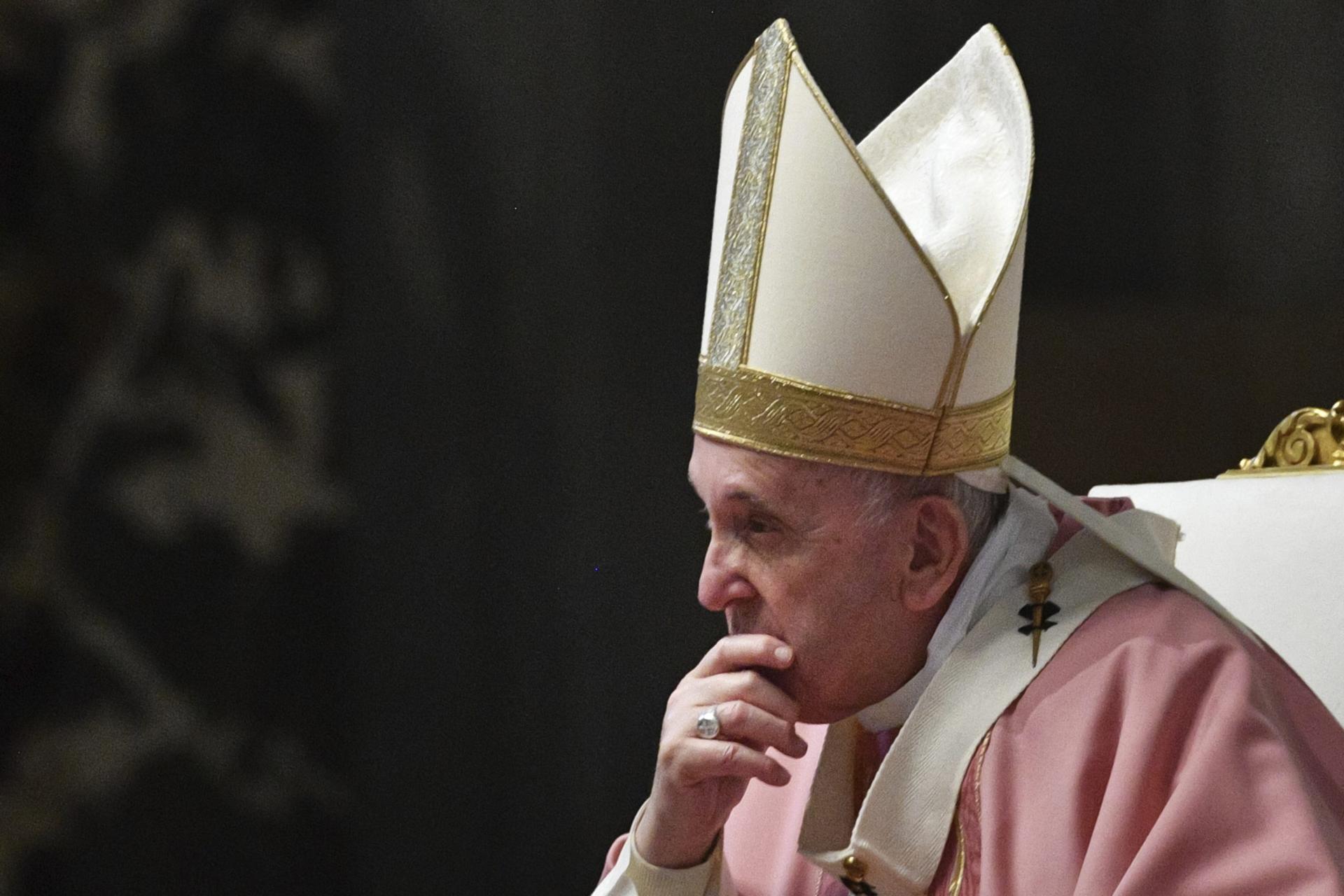ROME – In a bid to curb the Vatican’s financial deficit amid coronavirus losses and an impending pension crisis, Pope Francis has ordered several pay cuts targeting clergy and higher-ups, but which appear to leave most regular lay employees largely unaffected.
In a March 24 motu proprio, meaning a piece of legislation issued on the pope’s own authority, Francis announced that in order to maintain “an economically sustainable future,” as of April 1, 2021, cardinals paid by the Holy See will receive a 10 percent pay cut. Other department superiors will be cut eight percent, and the salaries of clergy and religious will be cut by three percent.
In general, Vatican cardinals reportedly receive a monthly stipend in the neighborhood of $4,700 to $6,000, so the pay cut implies a reduction of $470 to $600.
According to the new law, these reductions do not apply if a person can demonstrate that with their reduced salaries, they will be unable to pay for healthcare costs for themselves or their relatives.
Pope Francis also ordered that automatic 2-year seniority pay increases for cardinals, other superiors, and clergy and religious, as well as for certain contract employees paid either by the Holy See or the Vatican City State will be suspended from April 1, 2021, to March 31, 2023.
These same pay cuts also apply to the Vicariate of Rome, which runs the Rome archdiocese; to the clergy of the four papal basilicas in Rome; the Fabric of St. Peter’s, which is tasked with upkeep of St. Peter’s Basilica; and to non-clergy employees of the basilicas of St. John Lateran, St. Mary Major, and St. Paul Outside the Walls.
In the new law, Francis said asked that these new provisions “have immediate, full, and stable value, even by repealing all incompatible provisions.”
The pope listed several factors explaining the reasoning for these reductions, including the Holy See’s long-standing financial deficit; losses incurred by the coronavirus pandemic; and the large sums paid in personnel costs.
There is a need to ensure “sustainability and balance between income and expenses in the current economic and financial management,” he said, insisting that it is necessary to proceed “according to proportional and progressive criteria,” while saving the jobs of current employees.
Earlier this month the Vatican released a detailed budget statement for 2020, confirming earlier reports that last year it ran a deficit of about $60 million, which would have been closer to $100 million had income from Peter’s Pence, an annual collection to support the pope’s charitable works, not been included for the first time.
The Vatican expects a similar deficit for 2021, projecting that in large part due to the coronavirus pandemic, total income will be down by 30 percent in 2021 in comparison to 2019, the last year for which totals are available.
Wednesday’s motu proprio is the pope’s latest move in an effort to stop what could shape out to be a massive economic meltdown in the coming years after decades of financial scandal and mismanagement.
Follow Elise Ann Allen on Twitter: @eliseannallen















